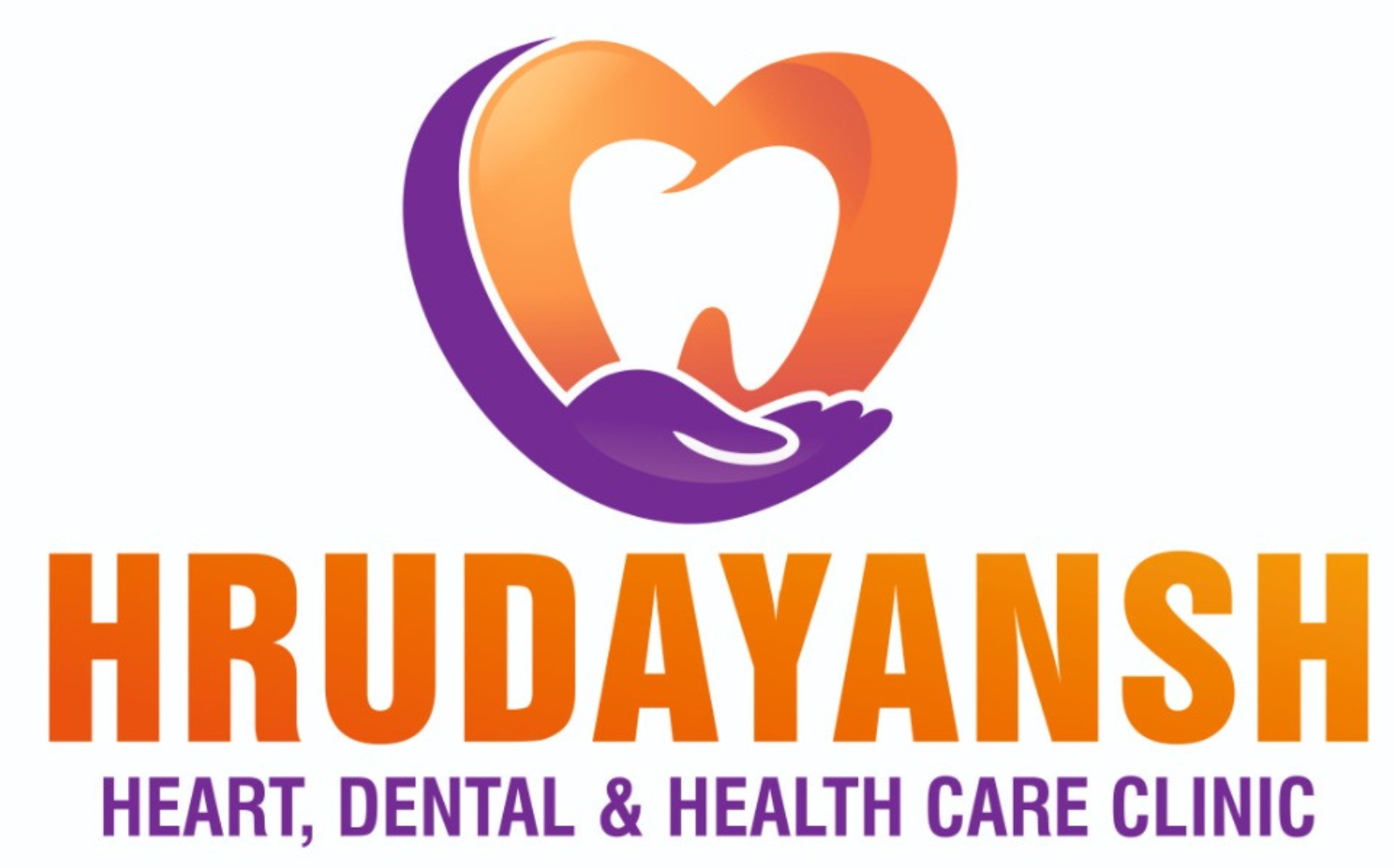Have you ever felt your heart race before a big meeting or during an argument? That pounding in your chest—that’s your body reacting to stress. While occasional stress is normal, too much of it can take a toll on your heart.
In this article, we’ll explore how stress affects your heart, the signs you shouldn’t ignore, and simple ways to manage stress for better heart health. If you’ve ever wondered whether your busy lifestyle might be affecting your heart, you’re in the right place.
How Stress Affects Your Heart (What Really Happens)
What Happens Inside Your Body?
When you’re stressed, your body goes into what’s called the “fight or flight” mode. It’s a natural response designed to protect you. Your brain sends signals that release hormones like cortisol and adrenaline. These hormones make your heart beat faster, raise your blood pressure, and narrow your blood vessels.
In the short term, this reaction helps you deal with challenges. But if you’re constantly under pressure, your body stays in that stressed state for too long—and that’s when problems start.
The Long-Term Effects of Chronic Stress
Living with long-term stress can lead to:
- High blood pressure
- Irregular heartbeat
- Increased risk of heart attack
- Build-up of plaque in the arteries
- Poor sleep and fatigue
- Unhealthy habits like overeating or smoking
When stress becomes a part of your daily life, your heart works harder than it should. Over time, this may lead to more serious heart problems.
How to Manage Stress to Protect Your Heart
The good news? There are simple, everyday ways to reduce stress and help your heart stay strong.
Lifestyle Changes That Can Help
1. Deep Breathing and Meditation
Even just five minutes of slow, deep breathing each day can help calm your mind and lower your heart rate. Meditation and mindfulness practices are also great for staying focused and reducing anxiety.
2. Get Moving
Regular physical activity—like walking, cycling, or dancing—helps release “feel-good” hormones and lowers stress levels. Aim for at least 30 minutes a day, most days of the week.
3. Eat Heart-Healthy Foods
What you eat affects how you feel. Try to eat more vegetables, fruits, whole grains, and healthy fats like nuts and olive oil. Cut back on processed and fried foods.
4. Get Enough Sleep
Lack of sleep can make stress worse. Try to get 7–9 hours of restful sleep every night. Turn off screens an hour before bed, and keep your room cool and quiet.
5. Set Boundaries
Don’t feel guilty about saying no. It’s okay to protect your time and energy. Try not to take on more than you can handle, especially at work or in your personal life.
When to See a Cardiologist
While stress can cause many temporary symptoms, it’s important to know when to seek help. Sometimes, stress-related symptoms may feel like heart problems—or even hide serious issues.
Watch Out for These Warning Signs:
- Chest pain or tightness
- Shortness of breath
- Frequent heart palpitations
- Dizziness or extreme fatigue
- Sudden changes in heart rhythm
If you notice any of these signs, it’s time to talk to a heart specialist.
Dr. Digvijay D. Nalawade is a trusted Cardiologist In Baner,at Hrudayansh Clinic. He helps patients understand the connection between stress and heart symptoms, and offers guidance based on what they really need.
FAQs: Common Questions About Stress and Heart Health
Q1: Can stress really cause a heart attack?
Yes, in some cases. Long-term stress can lead to high blood pressure, blocked arteries, and heart rhythm problems—all of which increase the risk of a heart attack.
Q2: What are signs that stress is affecting my heart?
You may feel your heart beating fast, have chest discomfort, or feel breathless even when you’re resting. It’s best to get checked if these symptoms keep coming back.
Q3: How quickly can I reduce my stress levels?
Small steps like deep breathing, going for a walk, or listening to music can help within minutes. Long-term habits like good sleep and exercise work even better over time.
Small Changes Today Can Protect Your Heart Tomorrow
Stress is part of life, but it doesn’t have to control your heart. With a few small changes—like better sleep, healthier meals, and daily movement—you can take care of your heart and feel more at ease.
If you’re noticing symptoms that could be related to stress or heart health, don’t wait. Dr. Digvijay D. Nalawade, a caring Cardiologist in Baner, is available at Hrudayansh Clinic to help you understand what’s going on and take the next step toward better health.





